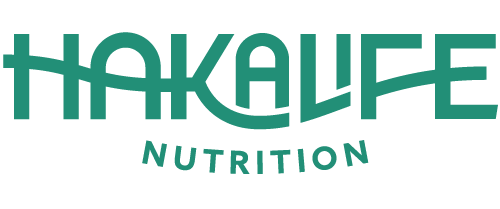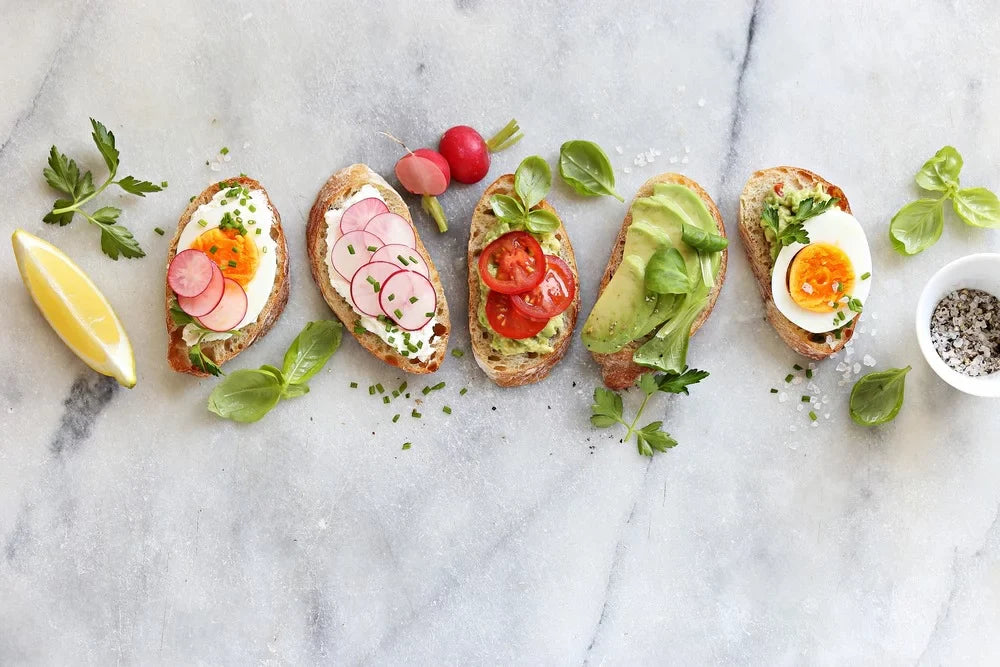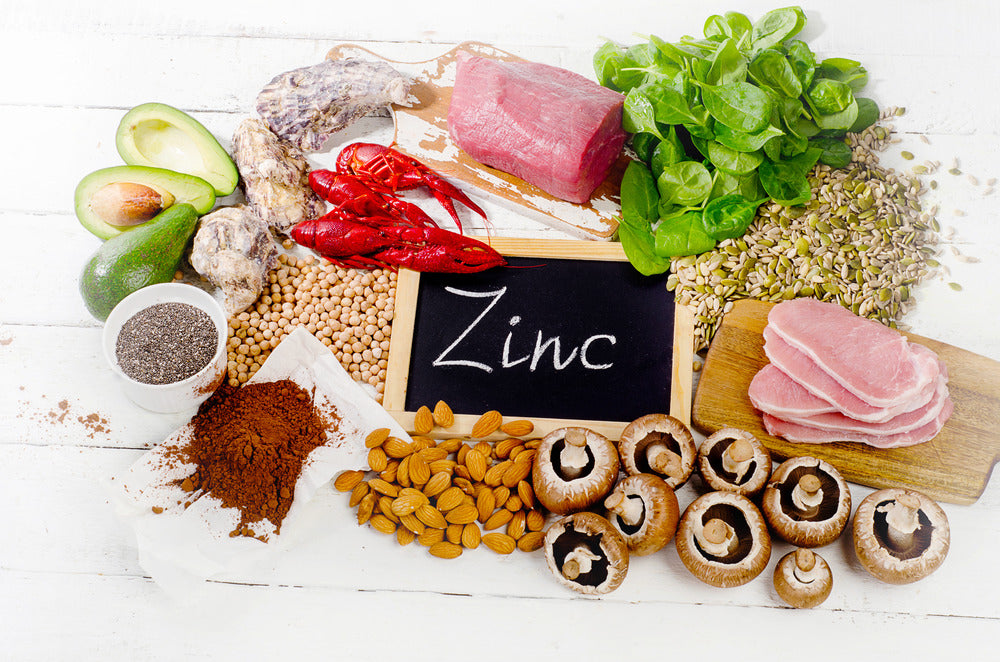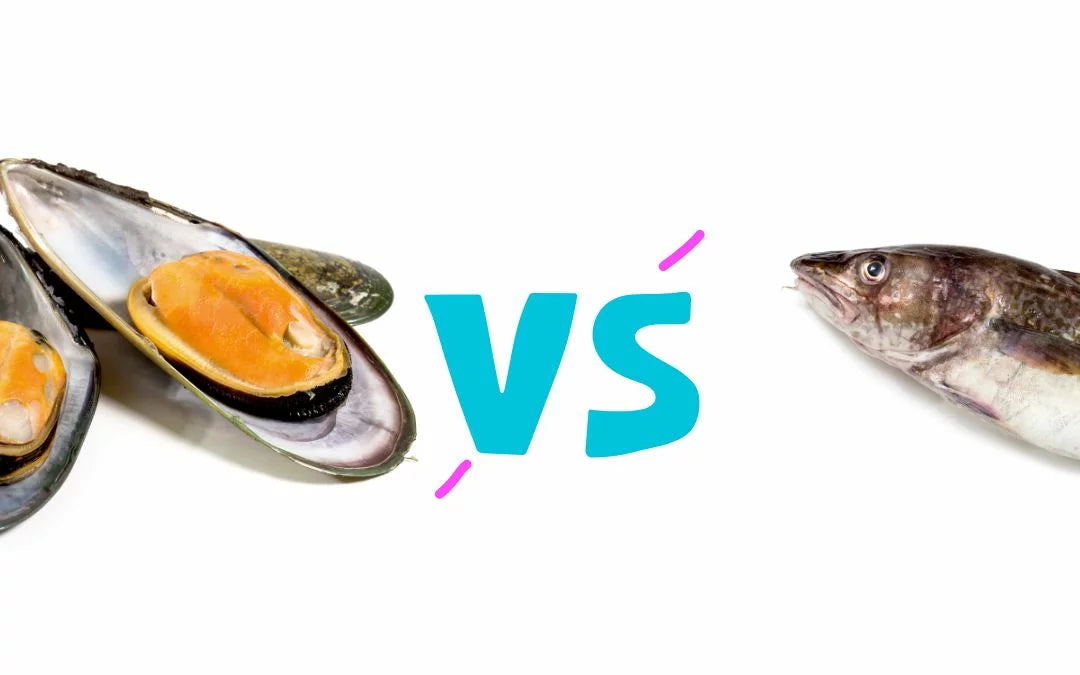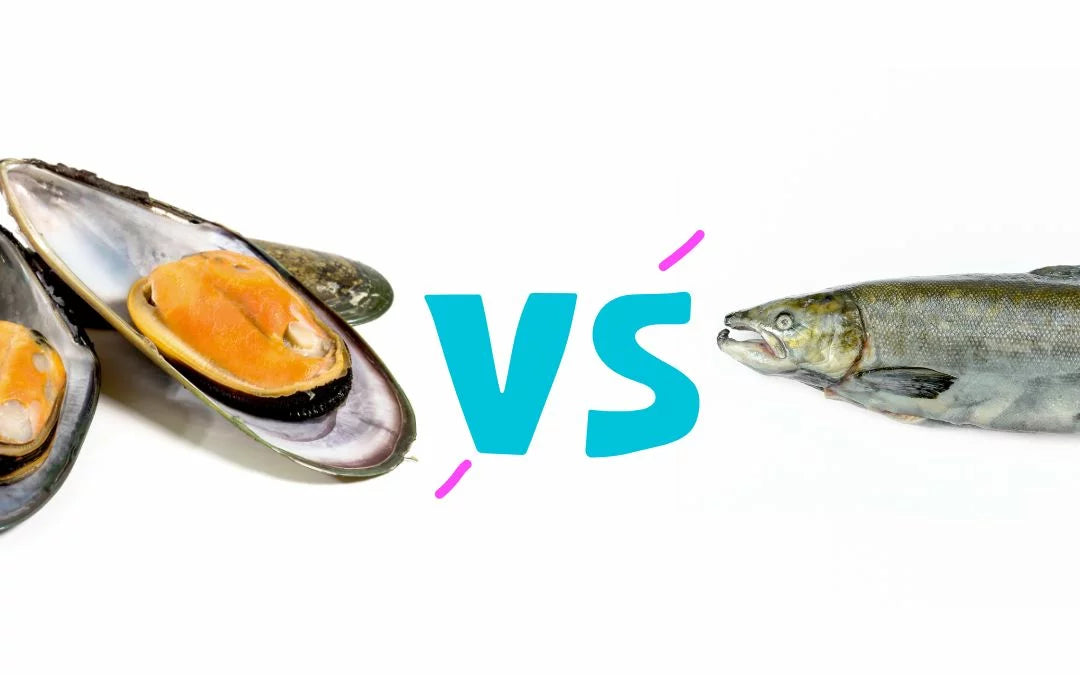4 Healthy Foods for the Safest Pregnancy
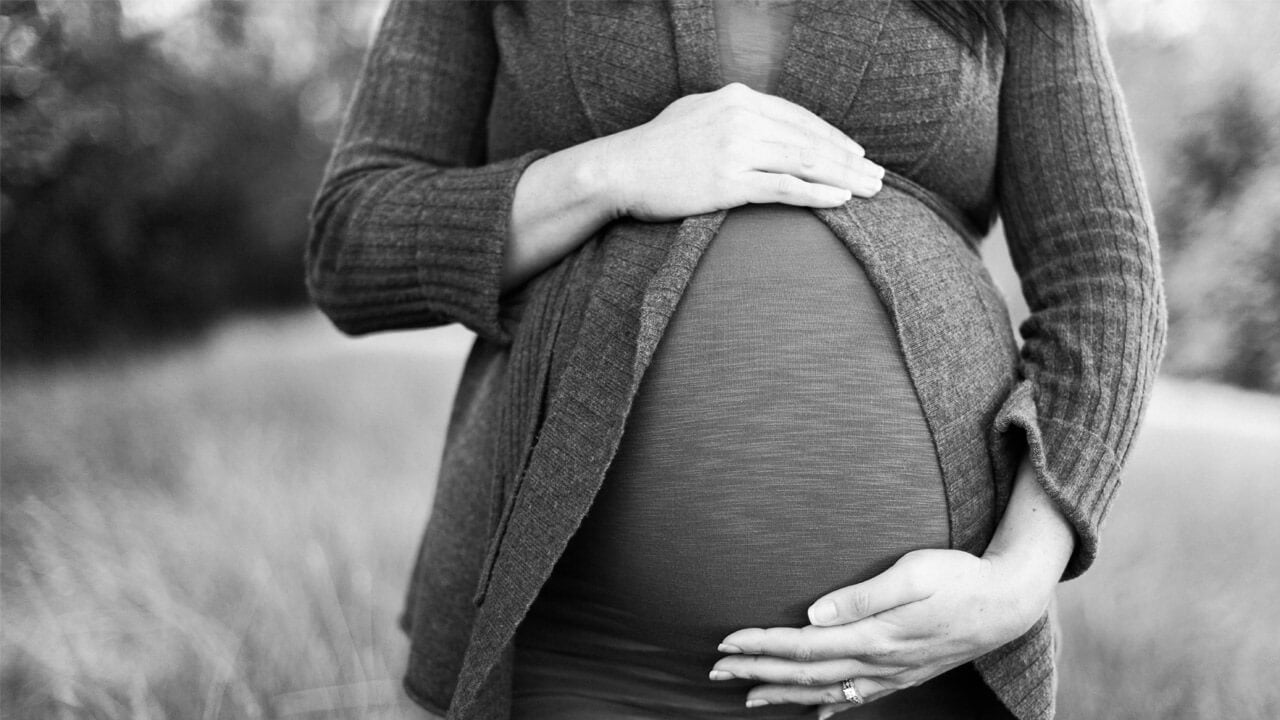
Everyone knows it’s important to watch what you eat and drink during pregnancy.
But there are many healthy foods for pregnant women that provide high levels of vitamins and nutrients you and your baby need to ensure a healthy pregnancy.
It’s especially important to consider your gut health at this time to ensure your body is absorbing nutrients at an optimal level. This way, you and your baby are healthy. Luckily, Omega-3 fatty acids can help balance the healthy gut flora and enhance gut microbiome composition as part of a healthy diet.
P.S. They can also boost your chances of getting pregnant!
Why does it matter what you eat during pregnancy?
Your diet during pregnancy is the main source of your baby’s vitamins and nutrients, so you have to watch what you eat.
Studies show the risk of nutrient deficiency is high even in industrialized nations. Mothers tend to lack ‘docosahexaenoic acid (DHA found in GLX3), iron, iodine, calcium, folic acid, and vitamin D’ (1). You also don’t want to miss out on vitamin C, Vitamin A, omega-3s or B vitamins your body needs.
But this doesn’t mean to eat for two!
Mothers tend to gain too much weight during pregnancy in some countries (2). This weight gain, along with the vitamin and nutrient deficiencies above, can result in birth defects and damage to the nervous system.
Now, don’t panic! There are many other factors that influence health during pregnancy.
But one thing you can control is what you put into your body, so skip the booze and tobacco-reach for these instead!
The Pregnancy Diet: Best Foods to Eat for Pregnant Women
A balanced diet is your best bet when you’re expecting.
Here’s what it looks like:
Lean Meats and Protein
Meats are a good source of amino acids which makes up the structures of our body. They also are high in iron. It’s best to eat organic meat from animals fed a vegetarian diet, like chicken or turkey, for high-quality protein sources. You might want to avoid red meats, however. Milk and other dairy products like organic full fat greek yogurt are excellent sources of protein, calcium, and vitamin D. These can exacerbate symptoms of morning sickness like nausea in some mothers, so limit intake if you don’t tolerate them well. Fish is also high in protein, and…
Green Lipped Mussels: Omega-3 Fatty Acids
While fish with healthy fats like salmon and herring are decent sources of omega-3s, it’s much easier and efficient to take a green lipped mussel supplement. GLX3 offers pure and natural GLM capsules without any dangerous fillers used in other products. You and your baby can safely reap the benefits to your nervous systems and his or her brain development. As one report states:
Adequate consumption of omega-3 fatty acids is vitally important during pregnancy as they are critical building blocks of fetal brain and retina. Omega-3 fatty acids may also play a role in determining the length of gestation and in preventing perinatal depression (3).
Plus, you can only obtain omega-3s through your diet! Don’t miss out on easy and healthy omega-3s to help your baby’s brain develop fully!
Leafy Greens
Spinach and Kale are two great sources of green vegetables high in folic acid, which helps prevent neural tube defects in newborns (4). Plus, leafy vegetables help you prevent postpartum depression! (5)
Leafy greens have tons of iron and calcium, too-more than many meats!
Prenatal Vitamins
While not technically a ‘food’, prenatal vitamins are an easy way to get the vitamins and minerals you and your baby need to prevent birth defects (6). Choose a low-potency option to avoid negative side effects from interactions between high levels of the nutrients, as they can influence absorption of one another.
Foods to Avoid During Pregnancy
During pregnancy, there are some foods you want to avoid to maintain healthy eating habits. This is to prevent Listeria monocytogenes, which causes a foodborne life-threatening disease called listeriosis (7), and salmonella.
Pregnant women should avoid (8):
- Unpasteurized milk or dairy products
- Soft cheeses
- Raw fish, meat or vegetables
- Undercooked eggs
- Alcohol
- Too much caffeine
- Too many carbs (see ‘weight gain’ above)
